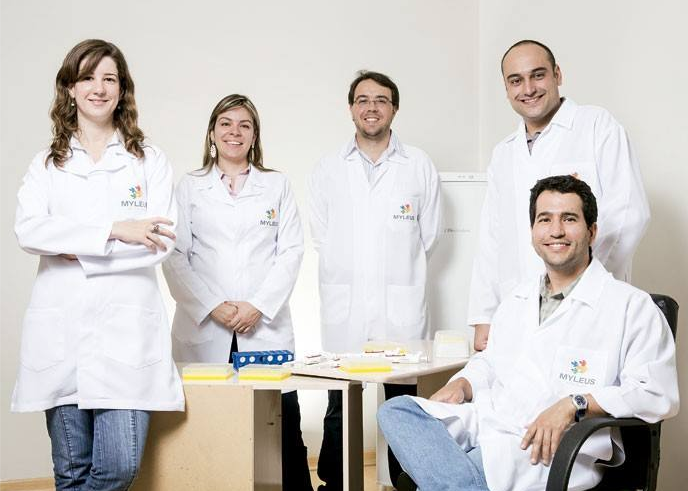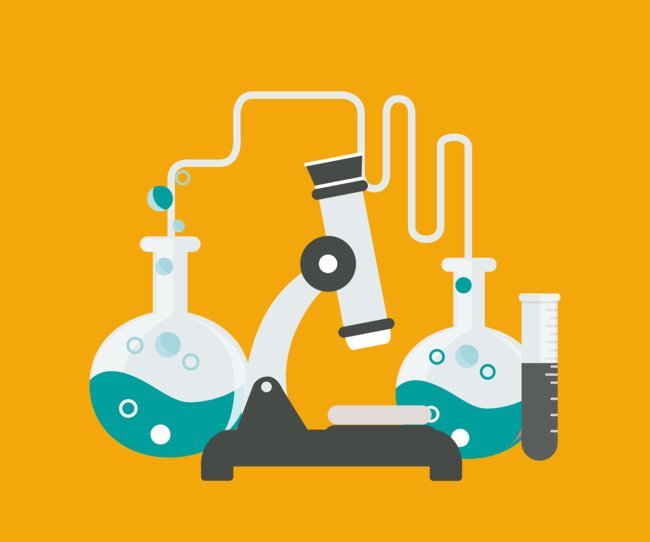By Josiely Gomes, Coordinator | Consultancy & Business Development of Biominas Brasil
The new regulatory framework for Science, Technology and Innovation (S,T&I) was unanimously approved by Brazilian Senate in December 2015 and was recently sanctioned by the President (Law Nº 13,243 of January 11th, 2016). This Law establishes important measures to promote the scientific and research development and innovation.
The main changes were made in the Innovation Law (Law Nº 10,973 of December 2nd, 2004), which already provides incentives for innovation, in order to ensuring industrial development in the country. This new framework redefines concepts, as the meaning of innovation itself. The concept considers new existing features or characteristics if they could result in improvements and effective gain in quality or performance. Referring to the concept of Scientific, Technology and Innovation Institution (in Portuguese, Instituição Científica, Tecnológica e de Inovação – ICT), nonprofit private entities were incorporated. Among other terms, business incubator, technology park and clusters were also included.
Regarding encouraging the participation of public ICTs in the innovation process, the Law establishes that these entities must set guidelines and define objectives related to their performance in the productive environment as well as about sharing and permission for third parties to use their laboratories, equipment, human resources and intellectual capital. Another outstanding issue is that the researcher in exclusive dedication, including those framed in plan careers and teaching positions, can exercise remunerated activity of R,D&I in companies since observed the convenience of ICT and ensured continuity of their teaching or research activities. Among the responsibilities of Technology Innovation Office (in Portuguese, Núcleo de Inovação Tecnológica – NIT) that were incorporated in the Law, there is the need to develop studies and strategies for the transfer of innovation created by the ICT, as well as studies concerning technology foresight and competitive intelligence on the field of intellectual property in order to guide ICT innovation actions. The NIT may also be constituted with its own legal personality, as a private nonprofit entity.
Regarding the innovation stimulating in companies, ICTs and their development agencies, as well as the Union, state and province, should promote and encourage the research and development, through the provision of financial, human and material resources and infrastructure, aiming to meet the priorities of national industrial and technological policies. Such initiatives can be exemplified as:
- Tax aid scheme;
- Establishment of strategic partnerships and development of collaboration projects;
- Implementation and consolidation of business incubators and technological parks and other innovation environments drivers;
- Implementation of cooperative networks for technological innovation;
- Adoption of mechanisms for attraction, creation and consolidation of research and development centers of Brazilian and foreign companies;
- Use of the capital market and credit in innovation activities;
- International cooperation for innovation and technology transfer;
- Internationalization of Brazilian companies.
Further advances were approved in different laws such as the Law Nº 12,772 of December 28th, 2012, which provides for the career plan and federal teaching positions. With the new wording of this Law, the limit for researchers to engage in collaborative projects rises to 416 hours per year (before was 120 hours per year). This change means more time, up to 8 hours per week, that the researcher can develop activities to the private sector. There were alterations in the Law Nº 8,010 of March 29th, 1990 and Nº. 8,032 of April 12th, 1990, which provide for importation of goods for scientific and technological research and the exemption or reduction of import duties respectively. The new framework will enable that the import procedures and customs clearance of goods, reagents, and components for scientific and technological research or innovation projects have priority treatment and observe simplified procedures.
Despite major advances, some important measures were vetoed, as the exemption of some taxes to import of machinery, equipment, apparatus and instruments, as well as accessories, raw materials and intermediate products for scientific and technology research in innovative companies.
Even with these vetoes, we believe that this new regulatory framework can leverage the innovation in Brazil, once it can minimize barriers that still hinder the interaction between ICT and private companies.
Ainda não recebemos comentários. Seja o primeiro a deixar sua opinião.






Leave a Reply